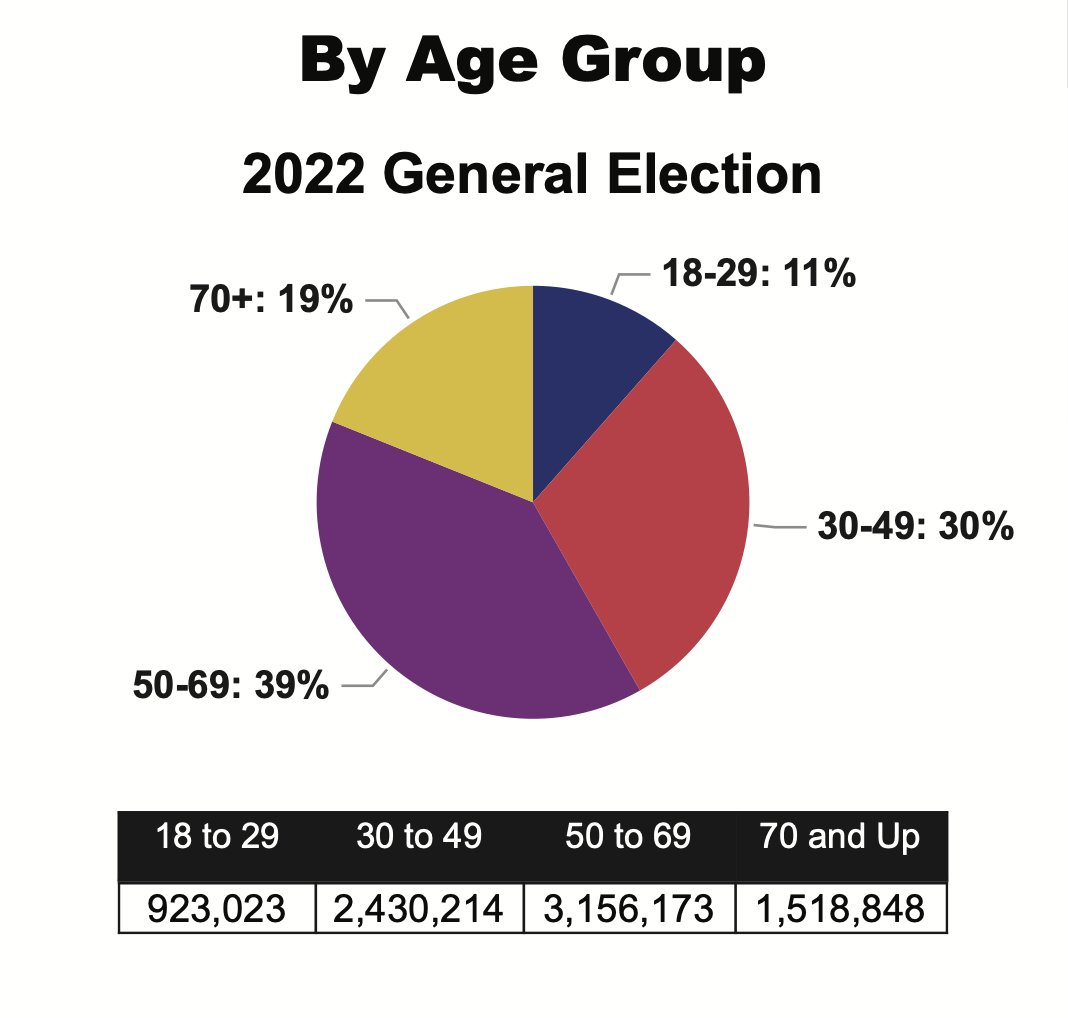
In 2006, Milton Friedman, economist and school choice advocate since 1955, right after Brown v Board desegregated schools, spelled out what the goals really are: abolish the public school system. And if they can’t do that, vouchers. Feel familiar? #publicschools
Here is Milton Friedman in 1955 on why we shouldn’t have free public schools.
“The advantage of imposing the costs on the parents is that it would tend to equalize the social and private costs of having children and so promote a better distribution of families by size.”
“The advantage of imposing the costs on the parents is that it would tend to equalize the social and private costs of having children and so promote a better distribution of families by size.”

Friedman discussing lower birth rates among the wealthy (and why schools shouldn’t be free):
“children are relatively more expensive to [high socioeconomic folks], thanks in considerable measure to the higher standards of education they maintain and the costs of which they bear.”
“children are relatively more expensive to [high socioeconomic folks], thanks in considerable measure to the higher standards of education they maintain and the costs of which they bear.”

Friedman does touch on movements post Brown v Board.
“Under such a [privately controlled school] system, there can develop exclusively white schools, exclusively colored schools, and mixed schools. Parents can choose which to send their children to.”
Ya know, “school choice”
“Under such a [privately controlled school] system, there can develop exclusively white schools, exclusively colored schools, and mixed schools. Parents can choose which to send their children to.”
Ya know, “school choice”

More Friedman in 1955, on vouchers for private segregation academies “The appropriate activity for those who oppose segregation and racial prejudice is to try to persuade others of their views; if and as they succeed, the mixed schools will grow at the expense of the nonmixed.” 

• • •
Missing some Tweet in this thread? You can try to
force a refresh





